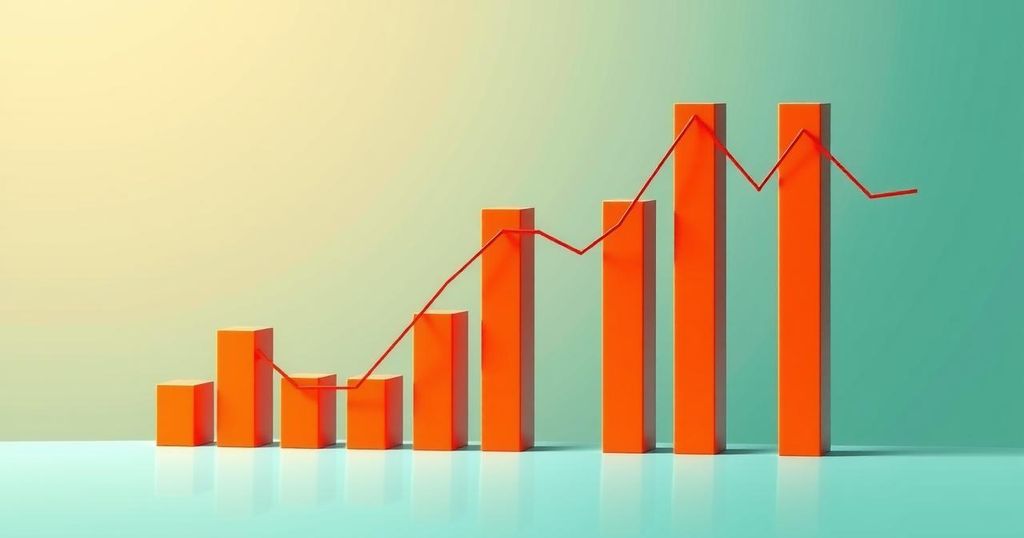Brazil Faces Sharp Inflation Increase, Pressuring President Lula

Brazil’s consumer prices have surged 1.31% in February, marking the largest increase since March 2022, with annual inflation rising to 5.06%. The Central Bank plans to implement its third consecutive interest rate hike, affecting economic growth. Consumer frustration is directed at President Lula, as inflation continues to escalate driven by housing and food costs, prompting government measures that may offer limited relief.
Brazil has experienced the most significant increase in consumer prices since 2022, placing additional pressure on President Luiz Inácio Lula da Silva to mitigate the burden on consumers. Recent data indicates a 1.31 percent rise in prices during February, the largest monthly increase since March 2022, aligning with economist predictions. As a result, annual inflation escalated to 5.06 percent.
The ongoing inflation crisis, particularly driven by soaring food prices, has angered consumers and prompted government action to address the situation. The Central Bank is set to implement its third consecutive interest rate hike of one percentage point, constraining economic growth amidst rising consumer concern about financial conditions.
“Brazilian inflation picked up in February due to temporary and seasonal pressures. Barring a sharp currency appreciation or much faster economic slowdown… we forecast a 100-basis-point interest-rate hike at next week’s meeting and further tightening over the second quarter,” stated Adriana Dupita, an economist at Bloomberg.
Housing costs surged by 4.44 percent, largely due to increased utility bills following the expiration of energy credits, marking a principal driver of inflation for February. Other notable increases were seen in education costs, which rose by 4.7 percent, and food and beverage prices, which climbed by 0.7 percent, according to the national statistics agency.
With inflation and interest rates elevated, consumers are expressing their dissatisfaction with President Lula, leading to a decline in his approval ratings to the lowest level recorded during his tenure. In light of these challenges, the government has proposed measures such as reducing import duties on food products, although economists warn that such actions may have a limited impact, with annual inflation expected to stay above the three percent target in the near future.
In summary, Brazil is facing a pronounced inflation surge, with February witnessing its steepest price increase since 2022, chiefly due to higher food and housing costs. This economic strain has compelled the Central Bank to raise interest rates, further challenging consumer confidence and President Lula’s approval ratings. While the government is attempting to alleviate the situation through policy changes, the anticipated impact may be modest in managing ongoing high inflation rates.
Original Source: www.batimes.com.ar








